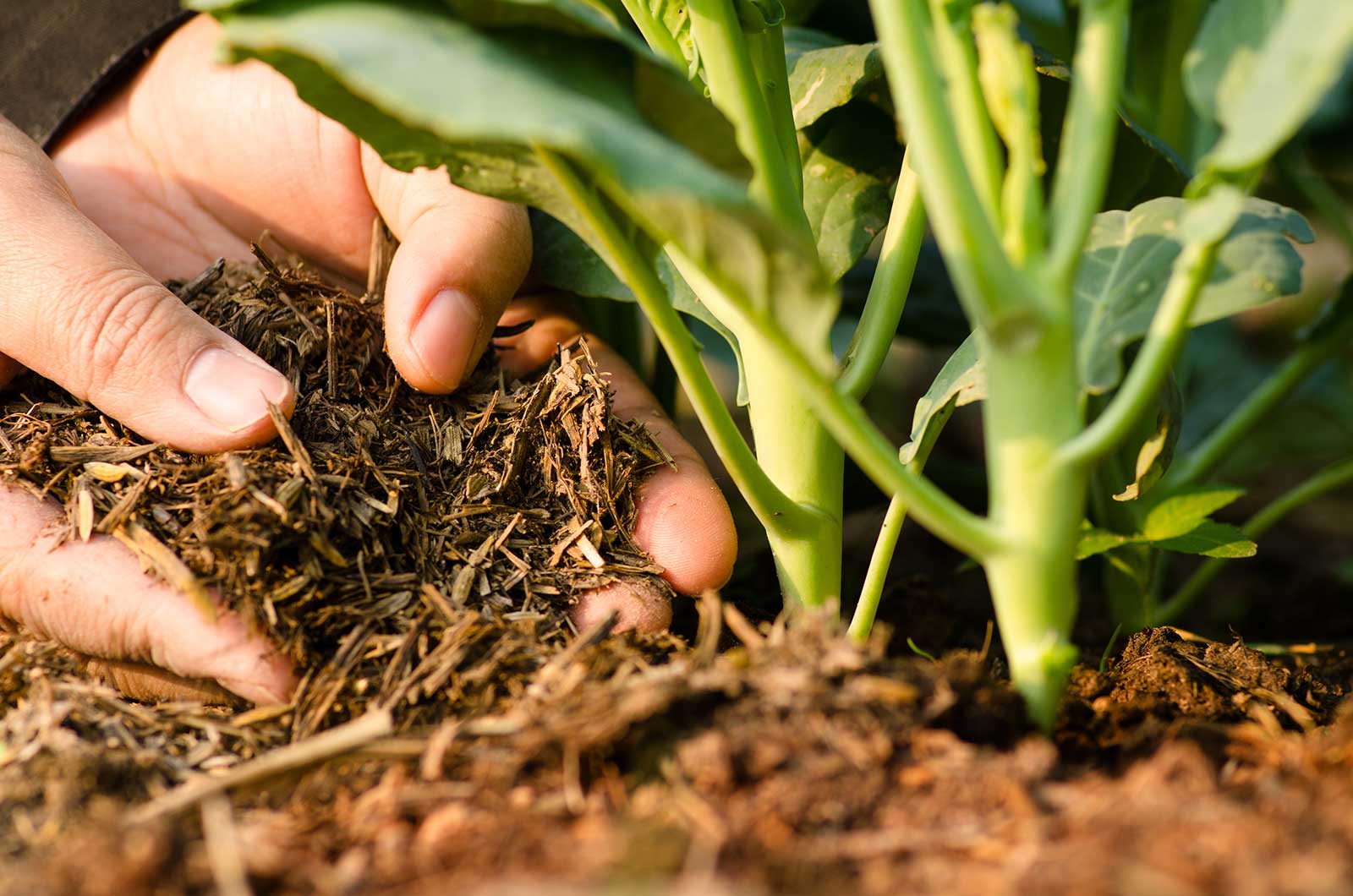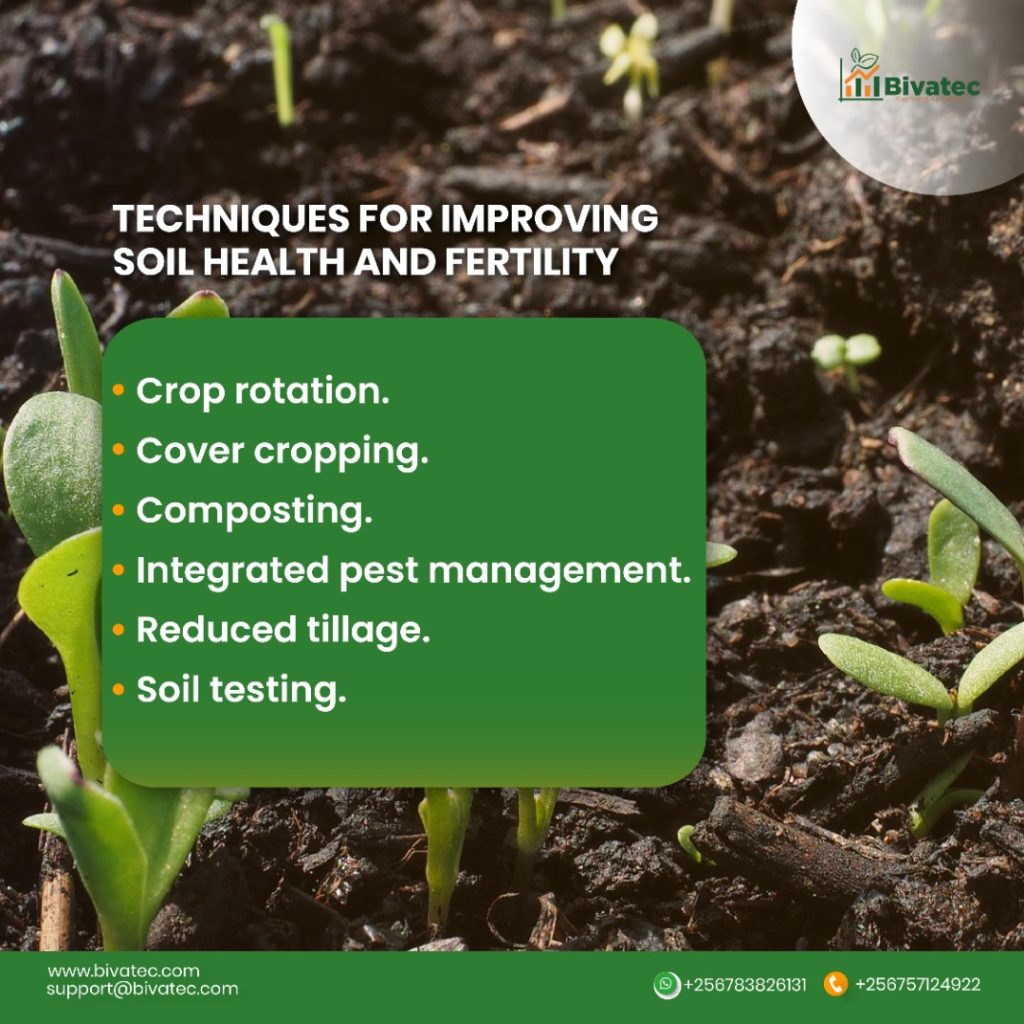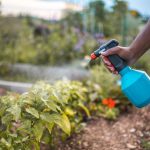Have you ever wondered why your garden soil seems tired and your plants struggle to thrive? The secret to vibrant, healthy plants might be right under your nose: composting.
By turning your kitchen scraps and yard waste into rich, organic matter, you can breathe life back into your soil. Imagine a garden where plants grow stronger, produce more, and require less chemical intervention. Composting isn’t just a trend; it’s a powerful tool for improving soil fertility long term.
You’ll discover how composting can transform your soil into a thriving ecosystem, providing the nutrients your plants need to flourish year after year. Keep reading to unlock the potential of your garden and create a lush, sustainable environment that benefits both you and the planet.
Benefits Of Composting
Composting is a natural process that transforms organic waste into valuable soil amendment. It enhances soil quality and supports sustainable gardening practices. This eco-friendly method not only reduces landfill waste but also enriches the soil with essential nutrients. By integrating compost into your gardening routine, you can enjoy numerous benefits.
Improves Soil Structure
Compost adds organic matter to the soil, improving its structure. It helps soil retain moisture and nutrients, providing a better environment for plants. Loose and airy soil allows roots to grow easily. This promotes healthier plant growth and stronger crops.
Enhances Nutrient Content
Compost is rich in essential nutrients like nitrogen, phosphorus, and potassium. These nutrients are vital for plant growth and development. Compost slowly releases these nutrients, ensuring long-term soil fertility. Plants get a steady supply of nourishment, leading to lush growth.
Boosts Microbial Activity
Composting encourages the growth of beneficial microorganisms in the soil. These microbes break down organic matter and release nutrients. They play a crucial role in nutrient cycling and soil health. Healthy microbial activity leads to vibrant and productive gardens.
Reduces Soil Erosion
Compost helps bind soil particles together, reducing erosion. It creates a protective layer that shields soil from wind and rain. This prevents valuable topsoil from washing away. A stable soil foundation supports plant roots and prevents nutrient loss.
Promotes Sustainable Gardening
Composting minimizes reliance on chemical fertilizers and pesticides. It supports organic gardening practices, contributing to environmental health. By using compost, gardeners reduce their carbon footprint. Sustainable gardening promotes biodiversity and conserves natural resources.

Nutrient Enrichment
Composting enriches soil, enhancing its fertility over time. Organic waste decomposes, releasing essential nutrients into the soil. This process improves soil structure, increases moisture retention, and supports healthy plant growth.
Nutrient enrichment through composting is a game-changer for long-term soil fertility. Composting transforms kitchen scraps and yard waste into a nutrient-rich amendment that can breathe new life into your garden soil. This process not only recycles organic matter but also enhances the soil’s nutrient profile, boosting its capacity to support healthy plant growth.Understanding Nutrient Enrichment
Composting breaks down organic materials into a dark, crumbly substance teeming with nutrients. These nutrients, including nitrogen, phosphorus, and potassium, are essential for plant growth. When added to soil, compost acts like a slow-release fertilizer, steadily supplying nutrients over time.Enhancing Soil Structure
Healthy soil structure is crucial for nutrient retention. Compost improves soil structure by increasing its ability to hold water and nutrients. This means plants can access the nutrients they need more efficiently, leading to robust growth and increased yield.Personal Experience: A Gardener’s Tale
I once struggled with poor soil in my backyard garden. Adding commercial fertilizers didn’t yield the lush growth I hoped for. Then, I started composting. Within a year, the transformation was remarkable. My tomato plants flourished, and the soil was rich and dark. Composting made all the difference.Improving Microbial Activity
Compost also enhances microbial activity in soil. Microorganisms play a vital role in breaking down organic matter and releasing nutrients. By adding compost, you boost the population of these beneficial microbes, creating a vibrant ecosystem that supports plant health.Practical Tips For Effective Composting
Start your compost pile with a mix of green and brown materials. Maintain a balanced ratio to ensure efficient decomposition. Turn the pile regularly to aerate it and speed up the process. Keep it moist but not waterlogged. With these simple steps, you’ll create a nutrient-rich compost that can rejuvenate your soil.Engaging Your Curiosity
Have you ever wondered what happens to your kitchen scraps after they hit the compost bin? Imagine the transformation from waste to a life-giving soil amendment. Composting is more than just recycling; it’s a way to enrich your soil and nurture your plants naturally. Why not start your compost journey today? Your garden will thank you.Soil Structure Enhancement
Composting is an ancient technique that enhances soil quality over time. One of its key benefits is the improvement of soil structure. This transformation is vital for healthy plant growth and sustainable agriculture.
Improved Soil Porosity
Compost increases soil porosity, allowing air and water to penetrate easily. Roots access essential nutrients better with improved soil aeration. This leads to stronger and healthier plants.
Enhanced Water Retention
Compost helps soil hold water efficiently, reducing drought stress on plants. Water retention minimizes the need for frequent irrigation. This conserves resources and promotes sustainability.
Reduced Soil Compaction
Adding compost reduces soil compaction, making it less dense. This promotes root growth and reduces runoff and erosion. Soil remains more stable and supportive for plant life.
Balanced Soil Ph Levels
Compost acts as a natural buffer, balancing soil pH levels. It neutralizes acidity, creating an optimal environment for plants. Balanced pH contributes to nutrient availability and plant vitality.
Increased Organic Matter
Compost boosts the organic matter content in soil. Organic matter enriches soil, encouraging beneficial microorganisms. These microbes break down nutrients, aiding plant absorption.

Sustainable Practices
Composting enriches soil by adding organic matter, enhancing its structure and nutrient content. Over time, it improves soil fertility, promoting healthier plant growth. This sustainable practice reduces the need for chemical fertilizers.
Sustainable practices are essential for maintaining healthy soil and ensuring long-term agricultural success. Composting is a natural and effective way to boost soil fertility while reducing waste. By integrating composting into your gardening or farming routine, you can create a more resilient and productive ecosystem.Understanding Composting As A Sustainable Practice
Composting turns organic waste into nutrient-rich material. This practice reduces the need for chemical fertilizers, which can harm the environment. By composting, you help recycle nutrients and create a sustainable cycle of growth.The Benefits Of Composting For Soil Fertility
Compost adds vital nutrients such as nitrogen, phosphorus, and potassium to the soil. These nutrients are essential for plant growth and health. Adding compost regularly can improve soil structure, increase water retention, and boost plant productivity.How To Start Composting At Home
Starting a compost pile at home is easy and rewarding. Use kitchen scraps like fruit peels and vegetable leftovers. Combine these with yard waste such as leaves and grass clippings. Maintain a balance between green and brown materials to ensure proper decomposition. Turn the pile regularly to aerate it and speed up the process. You’ll be amazed at how your waste transforms into valuable soil amendment.Personal Experience With Composting
Years ago, I started composting in my backyard. It was surprising how much waste I could divert from the landfill. The first time I used my homemade compost, my garden flourished like never before. Seeing the direct impact on plant health made me more committed to sustainable practices. Have you considered how your small actions could contribute to a healthier planet?Challenges And Solutions In Composting
Composting can have its challenges, like odor or pests. To prevent these issues, maintain a good mix of materials and turn the pile often. If you’re worried about space, consider using a compost bin or tumbler. These solutions can help you manage your compost efficiently, even in urban settings. How might you overcome potential obstacles to make composting a part of your routine?Impact On Long-term Soil Health
Consistent composting improves soil health over time. It enhances microbial activity, which supports plant roots and boosts growth. Healthier soil means fewer weeds and pests, reducing the need for chemical interventions. Imagine the long-term benefits for your garden, community, and the planet. What steps are you willing to take to contribute to this sustainable practice?
Conclusion
Composting boosts soil fertility over time. It enriches the soil with nutrients. This leads to healthier plant growth. Organic matter in compost improves soil structure. Better soil structure supports root development. It also enhances water retention. This means plants get more of what they need.
Composting reduces waste too. A sustainable practice that benefits our planet. It’s simple and rewarding. Anyone can start composting today. Your garden will thank you. Healthier soil means a healthier garden. Start small and see the difference. Composting is a natural way to nurture the earth.
Embrace it for lasting soil health.



